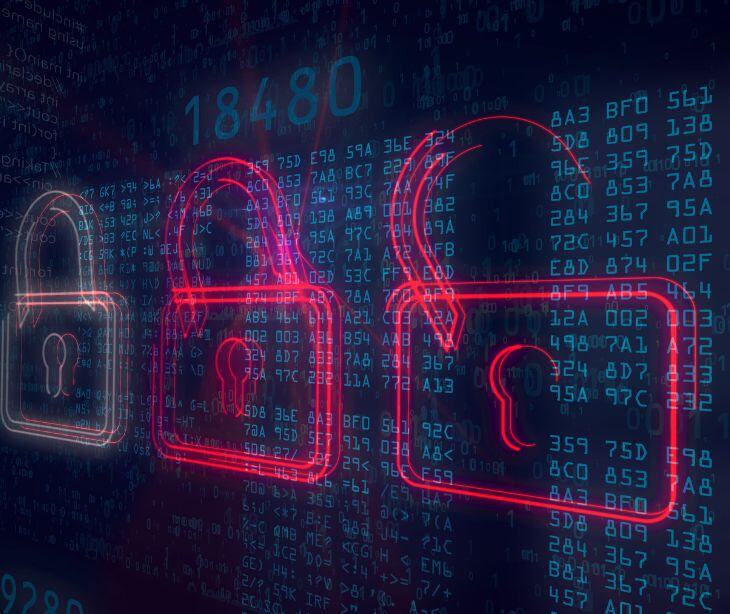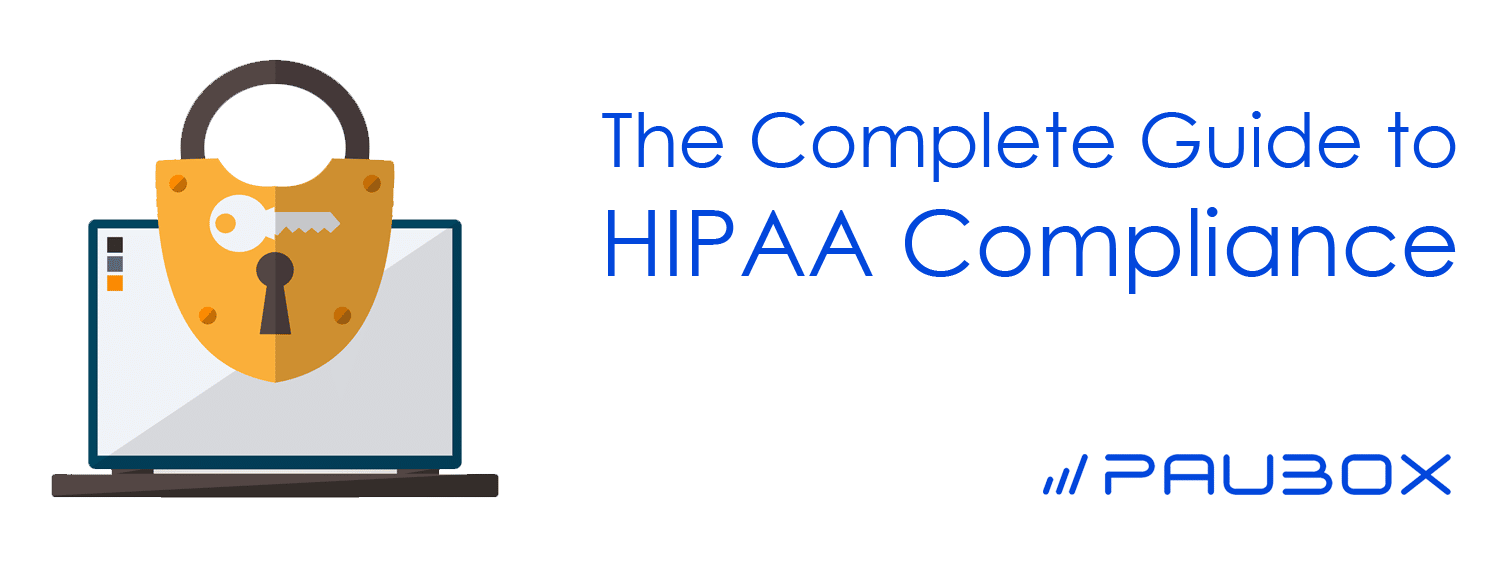
HIPAA, the Health Insurance Portability and Accountability Act of 1996, is a federal law establishing national standards to protect sensitive patient health information from being disclosed without the patient's consent or knowledge.
Compliance with HIPAA regulations ensures the confidentiality, integrity, and security of patients' health information, protecting them from unauthorized access and potential misuse. Moreover, adhering to HIPAA regulations helps organizations avoid substantial legal penalties and reputational damage that can result from breaches or non-compliance.
FAQs on HIPAA compliance
Who must comply with HIPAA?
HIPAA compliance is required for:
- Covered entities (CEs): These include healthcare providers, health plans, and healthcare clearinghouses.
- Business associates (BAs): These are individuals or entities that perform certain functions or activities on behalf of a covered entity that involve the use or disclosure of protected health information (PHI).
Go deeper: Who needs to be HIPAA compliant?
What is protected health information (PHI)?
PHI is any information held by a covered entity or business associate that concerns health status, the provision of healthcare, or payment for healthcare that can be linked to an individual. This includes a wide range of identifiers that could be used to identify the individual.
See also: FAQs: Protected health information (PHI)
What are the main rules under HIPAA?
- Privacy Rule: Establishes standards for the protection of PHI.
- Security Rule: Sets standards for securing electronic PHI (ePHI).
- Breach Notification Rule: Requires covered entities and business associates to provide notification following a breach of unsecured PHI.
- Enforcement Rule: Provides standards for the enforcement of all the Administrative Simplification Rules.
See also: Understanding and implementing HIPAA rules
What are the penalties for non-compliance with HIPAA?
Penalties for non-compliance can range from monetary fines to criminal charges, depending on the severity and circumstances of the violation. The Office for Civil Rights (OCR) can impose penalties, which can range from $1307 to $68,928 per violation, with a maximum annual penalty of $2,067,813.
Go deeper: What are the consequences of not complying with HIPAA?
How can an organization ensure HIPAA compliance?
- Conduct risk assessments: Regularly assess potential risks and vulnerabilities to PHI.
- Implement safeguards: Administrative, physical, and technical safeguards to protect PHI.
- Develop policies and procedures: Ensure clear guidelines for handling PHI.
- Training and awareness: Provide regular training to employees on HIPAA compliance.
- Incident response plan: Establish procedures for responding to breaches of PHI.
Go deeper:
What should be included in a HIPAA compliance program?
- Risk analysis and management plan.
- Policies and procedures for handling PHI.
- Training programs for employees.
- Regular audits and monitoring.
- Incident response and breach notification procedures.
What is a business associate agreement (BAA)?
A BAA is a contract between a covered entity and a business associate. It ensures that the business associate will appropriately safeguard PHI. The agreement also outlines the responsibilities and requirements of both parties concerning the handling of PHI.
How does HIPAA impact electronic health records (EHRs)?
HIPAA mandates that electronic health records (EHRs) must be secured to protect patient information. This involves implementing access controls, encryption, audit controls, and transmission security measures.
What is the process for reporting a HIPAA breach?
When a breach occurs, the covered entity must:
- Notify affected individuals: Provide notice without unreasonable delay and no later than 60 days following the discovery of the breach.
- Notify the Secretary of Health and Human Services (HHS): If the breach affects 500 or more individuals, notification must be immediate. For breaches affecting fewer than 500 individuals, the entity may notify HHS annually.
- Notify the media: If the breach affects more than 500 residents of a state or jurisdiction.
Learn more: Navigating HIPAA’s Breach Notification Rule
Subscribe to Paubox Weekly
Every Friday we'll bring you the most important news from Paubox. Our aim is to make you smarter, faster.



